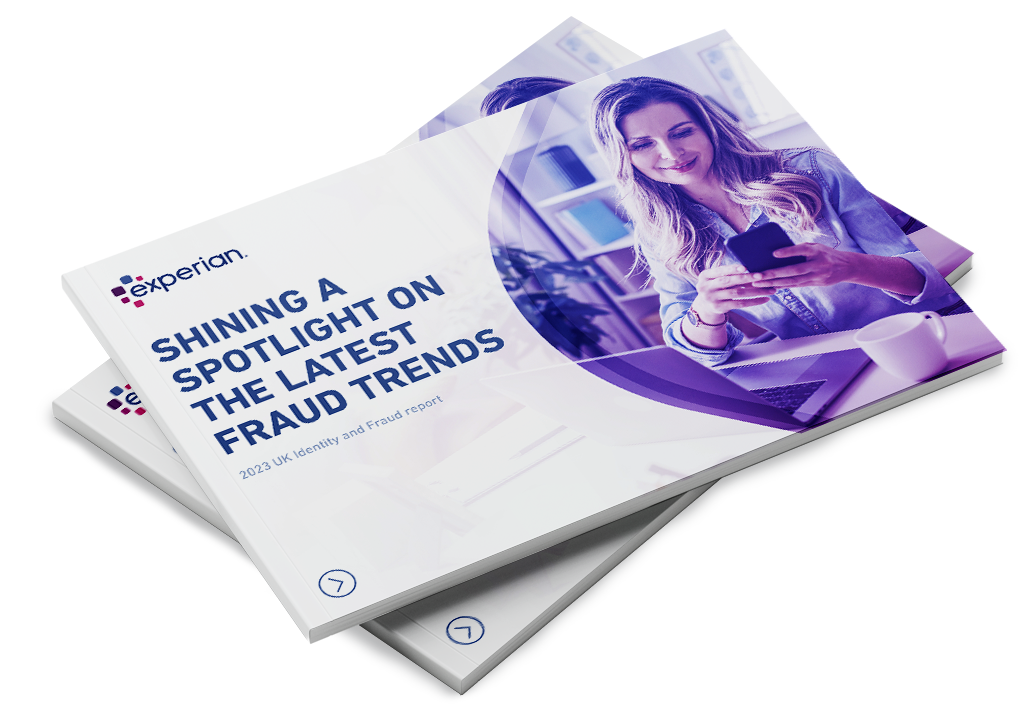Making fraud analytics and machine learning accessible for all
Experian’s UK Identity and Fraud report found that 35% of companies are planning to deploy ML (Machine Learning) powered fraud solutions this year.
Of the remaining companies nearly half (49%) say believe that the cost of implementing these kinds of solutions is prohibitive.
Certainly, until recently, the task of developing bespoke ML solutions for specific use cases, such as personal loans, credit cards, mortgages and other products could be a costly and time-consuming exercise. With large budgets and specialist skills required from the get go for these kinds of projects, ML solutions have been inaccessible for all but the largest financial institutions.
As an additional challenge, any organisation wishing to deploy ML solutions faces significant complexity due to regulatory and compliance requirements. For example, organisations must be able to explain their actions with regard to fraud detection and prevention, which requires all ML-based decisioning processes to be totally open and transparent – which is near-impossible to achieve with bespoke, ‘closed box’ solutions.
What’s more, the FCA’s Consumer Duty legislation requires all customers to be treated fairly, which means all ML models must also be free of unintentional bias towards consumers due to their age, gender, ethnicity or other demographic factors. Again, this is difficult to achieve without access to very large datasets, and almost impossible using customer data from a single portfolio or institution.
At Experian we group our use of ML and other advanced technologies under the banner of Fraud Analytics. Underpinning that is the use of supervised machine learning models specifically designed to increase fraud catch, reduce false positives, and improve onboarding for good customers. We call that fraud probability scoring.
The good news for financial providers is the launch of our new generation of ML fraud solutions, these address the cost and complexity challenges with ‘out-of-the-box’ fraud risk scoring across a range of financial products. Organisations can ‘turn on’ these scores quickly and cost effectively to enhance their ‘fraud find’ performance, while also reducing referral rates, lowering operating costs and driving greater return on investment from existing fraud solutions.
A more eloquent approach to deploying fraud analytics scores
Organisations can now take advantage of the latest advancements in ML-powered fraud solutions, which significantly cut down on the time and cost required for model deployment. This enables them to enhance their fraud detection and prevention capabilities rapidly.
This is thanks to:
- Generic, pre-built models which utilise industry wide trends that help organisations meet their fraud needs from the get-go, while minimising development and deployment costs
The best ML-powered fraud solutions provide the ability to deploy generic, out-of-the-box models for a wide range of use cases – from current accounts and personal loans, to credit cards and mortgages. This means that organisations of all types and sizes can deploy fraud scoring capabilities quickly with minimal custom development work, and at the lowest possible cost to the business, with the benefit of learning from historic fraud identification at an enterprise level. - Rich, multi-industry data that allows organisations to accelerate and optimise their fraud detection capabilities
The best ML fraud solutions use datasets from the largest organisations across multiple sectors to optimise fraud detection capabilities. With large datasets that are verified for accuracy based on UK-wide and global business and consumer information, these kinds of solutions allow even small organisations to dramatically increase their fraud detection and prevention capabilities extremely rapidly. - Open technologies and ‘compliant by design’ models that offer full transparency for decisioning ‘explainability’ and fair fraud risk scoring
With the latest generation of ML solutions, generic models are developed in line with all requirements for openness, fraud decisioning ‘explainability’ and fairness (as specified in both the 2010 Equality Act and in the FCA’s Consumer Duty regulations). By outsourcing compliance requirements to those who develop generic ML models, organisations can significantly reduce development cost and complexity and minimise the financial and other risks associated with regulatory non-compliance.
Unlock the benefits of ML-powered fraud prevention with Experian
The deployment of an “out-of-the-box” fraud probability model makes it simple for any organisation to switch on machine learning from day one – without the need for costly R&D, months of compliance hurdles and technical headaches.
A leading example of this kind of ML-powered fraud solution is available within our Hunter portfolio, which runs on our award-winning CrossCore fraud platform. This set of solutions combines rich proprietary data about consumers and businesses across the UK and worldwide with multi-industry data from partners, to ramp up anomaly and fraud detection capabilities for our customers.
To accelerate and simplify deployment, Hunter provides ready-to-run ‘generic’ scores for a range of financial sectors, including auto-finance, loans, mortgages, credit cards, current accounts, and savings. These models provide a fraud probability score for each customer, helping organisations to enhance ‘fraud find’ performance, while minimising false positives and optimising manual referrals thresholds and costs.
For example, the Hunter Loans model has been shown to increase ‘fraud find’ performance for providers by 37% at a 5% referrals rate. This enables a 45% reduction in operational costs, while reducing the impact of fraud and security checks on genuine customers by 56%.
In a similar assessment, Hunter Credit Cards was found to increase ‘fraud find’ by 45% compared to a rules-based strategy at a 5% referrals rate, helping to lower operating costs by up to 60%.
Even for mortgages providers, where referral rates are typically far higher due to the high value of facilities, Experian trials have shown an 11% uplift in ‘fraud find’ with Hunter. The same test case showed that referrals can be reduced 18% to 13% of total applicants – correspondingly lowering operational costs for providers by up to 26%.
Benefits of Experian ML fraud solutions at a glance:

High fraud capture rates

Fewer referrals and related costs

Fewer false positives
![]()
Less impact on good customers
![]()
Rapid deployment – even for new market entrants
Experian’s leadership in decisioning ‘explainability’ and fairness
As an additional benefit, our CrossCore platform and Hunter models are totally open, providing transparency for the fraud decisioning process and helping organisations comply with their decisioning ‘explainability’ requirements.
Not only that, but Experian also offers Fairness Assessment Service (FAS), which uses normative representative datasets to gauge ML models against unintended bias related to customers’ religion, ethnicity, gender or other key demographic factors. In this way, organisations can monitor fairness across all their ML models on an ongoing basis, and develop fraud decisioning scorecards in a more fair, efficient, compliant and cost-effective way.
Running a Fairness Assessment Service (FAS) assessment would check the privileged population against the unprivileged to make sure they are getting to correct decision based on their portfolio and that there is not indirect bias towards their protected characteristics causing them to get an unfavourable outcome.
Tristan Prince, Fraud Product Director
How can we help?
To find out how Experian’s rich proprietary and partner data, advanced analytics capabilities and years of experience in identity and fraud management can help your organisation boost your fraud capabilities with ML, please visit our website, or contact us today for a meeting.
For the latest in ML fraud trends, download our ‘Shining a spotlight on the Latest Fraud Trends’ report.
Access the latest insight
Our latest research reveals how challenges in identity and fraud are evolving and how businesses are keeping pace.
Download now









